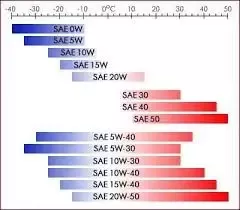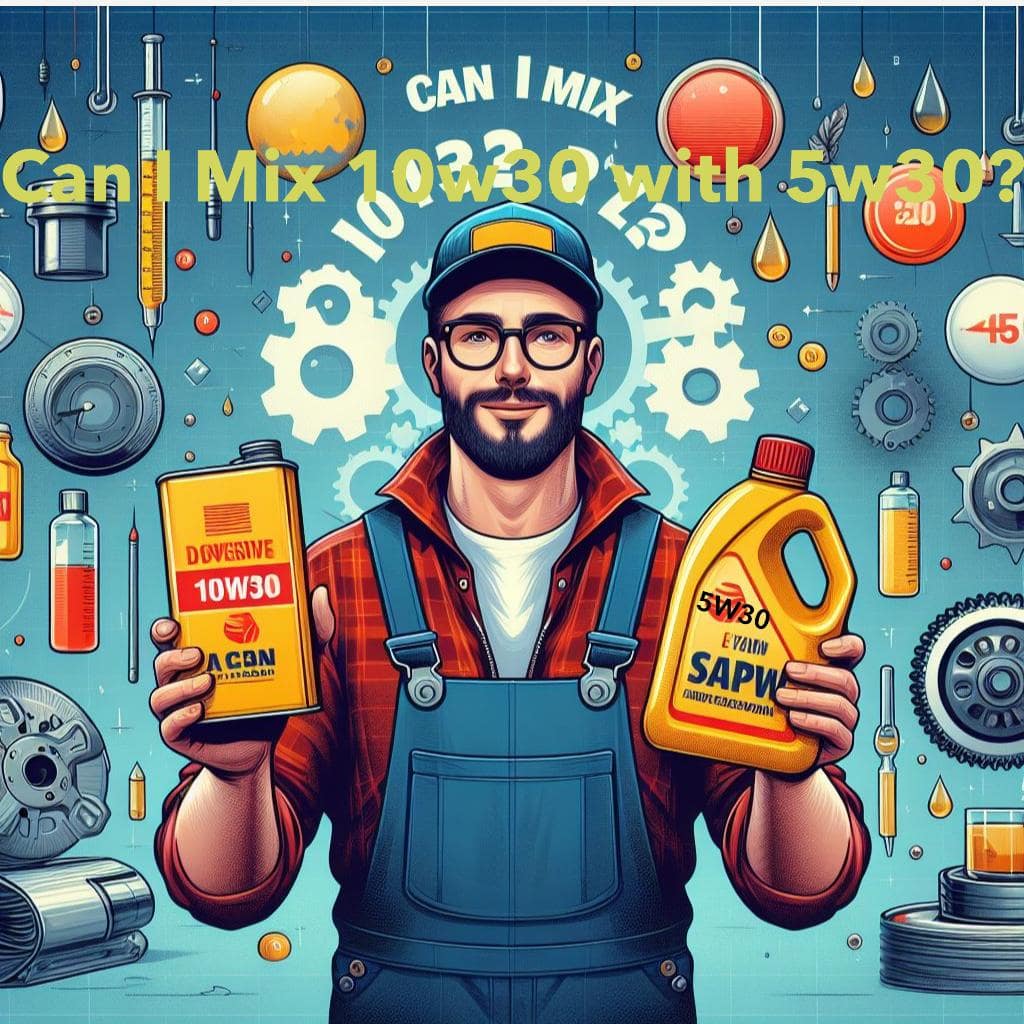A crankshaft is a vital component in an engine, responsible for converting the reciprocating motion of the piston into a rotational motion. Let’s delve into the details of crankshafts and explore what can lead to their demise:
- Overloading and Torque Impact:
- Excessive torque due to high or low throttle settings, frequent braking, or prolonged operation under heavy loads can damage the crankshaft.
- Impact loads, such as sudden acceleration or deceleration, can also take a toll on the crankshaft.
- Defective Shaft Material:
- Poor-quality materials used in the crankshaft can lead to fractures.
- Material defects weaken the structural integrity, making the crankshaft susceptible to failure.
- Engine Accidents:
- Runaway situations, where the engine revs uncontrollably, can cause crankshaft fractures.
- Collisions (e.g., ramming) or valve ejections can also damage the crankshaft.
- Mechanical Issues:
- Loose counterweights, gearbox failures, or other issues can cause unexpected engine jams, stressing the crankshaft.
- If the crankshaft is mechanically damaged before installation, it may fail prematurely.
- Rotation and Vibration:
- Clutch failure, a defective flywheel, or a damaged vibration damper can lead to unnecessary rotation and vibration.
- These factors strain the crankshaft, potentially resulting in fractures.
Remember, a well-maintained crankshaft ensures the proper functioning of the engine, so regular inspections and preventive measures are crucial!
Read More:


